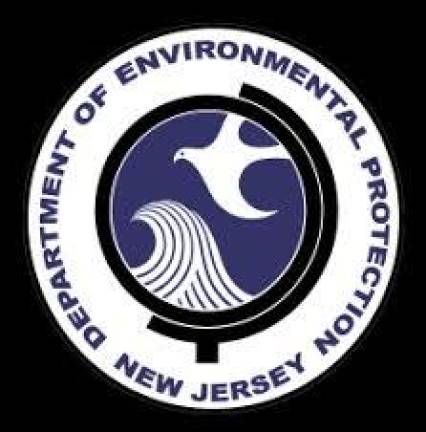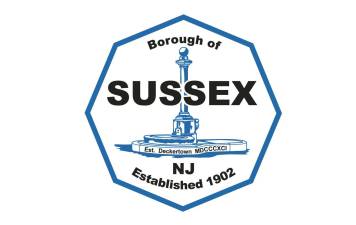NJ DEP holding up VTSD lead treatment
Vernon. Vernon Township School District has been trying to get a permit from the state Department of Environmental Protection to treat lead-contaminated water at several district schools for four months, with no end in sight.

How long does it take to get a permit to treat water contaminated with lead?
In Vernon Township School District’s case, it’s going on four months. And counting.
According to Mike Furrey, president and owner of Agra Environmental and Laboratory Services, it’s through no fault of the district’s.
“What’s holding up the entire process is getting approval from the DEP,” he said, referring to the state Department of Environmental Protection.
VTSD Business Administrator Steve Kepnes said lead has been an ongoing issue for all of the district schools, with the exception of Cedar Mountain Primary.
“I think all the schools when they do their testing will likely have some sort of residual of lead,” he said. “And that’s ultimately because of the old infrastructure of the buildings and the old pipes and the old lead solder that they used to weld the pipes.”
Finding a solution has been a frustrating experience, Kepnes said.
“There’s no perfect science to this,” he said. “For example, we’ve changed faucets on the sink, added lead filters, retested that same sink and had a higher result of lead than before we did anything. It’s bizarre.”
Furrey said his company was hired to pilot a lead remediation program at the Rolling Hills and Lounsberry Hollow schools, with the idea that the program could be expanded to the other affected schools if successful.
“To make a school lead-free is a very difficult challenge,” Furrey said. “I really have to hand it to them, they’re being proactive.”
To meet the challenge, Agra designed a program for the district that uses a chemical called orthophosphate to seal the interior surface of the pipes.
“It coats all the piping and it prevents the lead from leaching into the water,” Furrey said. “It’s becoming more commonly used because of all the lead issues in New Jersey.”
The substance has been used for at least 50 years, he said.
Rather than going the costly route of ripping out and replacing all the plumbing, which may or may not solve the problem, Furrey said, the district is taking a more economical approach.
“That’s pretty expensive and this might be a better solution,” he said. “A more reasonable solution and a more long-term solution.”
The only thing Agra is waiting on is the word go. The company has yet to hear it from DEP.
“They (VTSD) want to put the treatment in: They installed the shed, they installed all the plumbing, they installed everything, but they can’t add the chemical because they haven’t gotten DEP approval,” Furrey said. “That’s disturbing.”
With everything hinging on that approval, it’s unclear if or when the district will be able to begin treating the water.
“They wanted to treat at the beginning of the school year and I didn’t think it was going to happen,” Furrey said. “Now we’re into almost December.”
County government did little more than point the finger at DEP as the reason for the hold up, Furrey said.
“This application went through four different people at the DEP,” he said. “It got passed along, so it was hard to even figure out who was looking at it.”
According to Furrey, Patricia Stelmaszczyk, the latest environmental engineer at DEP to handle the application, gave him a hard time when he called to check on the status.
“The last couple conversations, you know what she said to me? ‘I’ll get to it when I get to it,’” he said. “It doesn’t sound like you’re too concerned about the lead in the drinking water.”
Stelmaszczyk did not return calls seeking comment.
In the wake of a high-profile summer for the DEP, Furrey said the bureaucratic mishandling of the algal bloom events that devastated lake communities throughout the state is nothing compared to how government responds to lead contamination.
“You think that hazardous algae bloom – those issues with Lake Hopatcong and Greenwood Lake – were bad?” he said. “Lead in drinking water, nobody in the government wants to touch.”
Agra is also working with the City of Newark to address their lead water contamination issues, Furrey said.
“In north Jersey, there’s a lot of these schools that have these issues,” he said. “This will be an issue and there’s $100 million dollars available from the Department of Education. Hopefully schools take advantage of it and do the right thing.”
“They (VTSD) want to put the treatment in. They installed the shed, they installed all the plumbing, they installed everything, but they can’t add the chemical because they haven’t gotten DEP approval. That’s disturbing.”
Mike Furrey
President and owner of Agra Environmental and Laboratory Services

